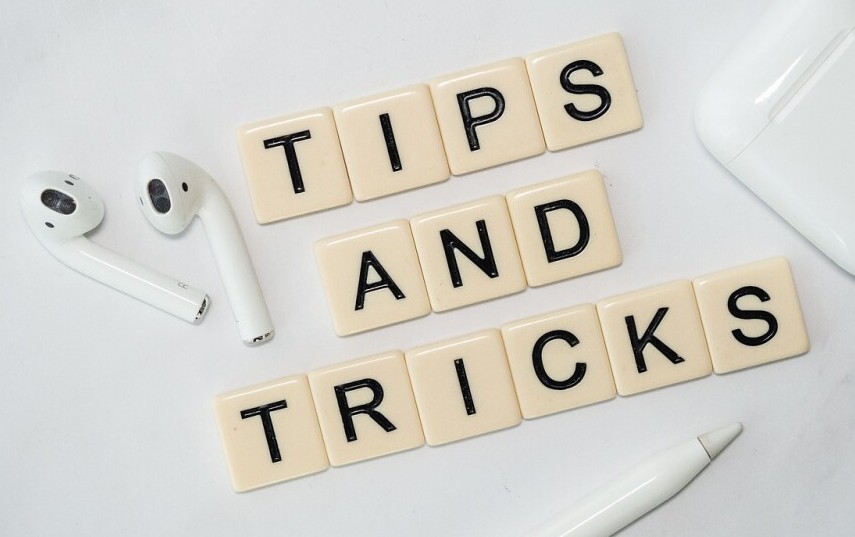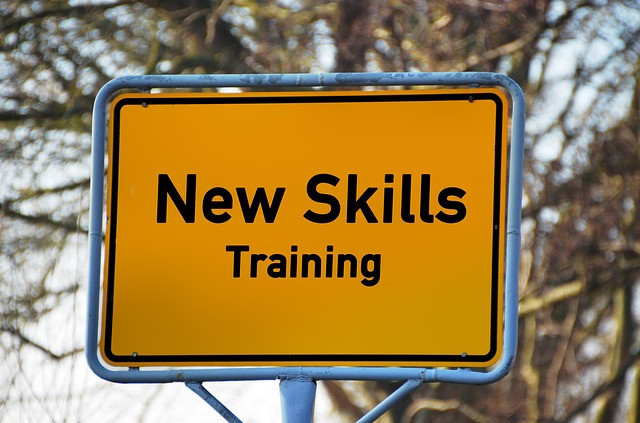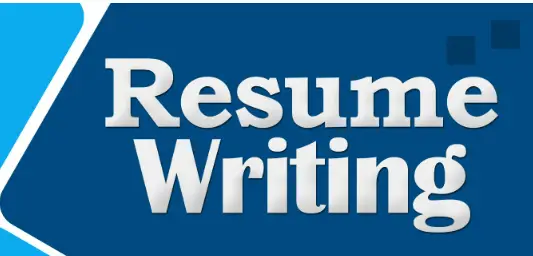When I first started freelancing, I found myself overwhelmed by the wide array of freelance skills to learn. From design and writing to marketing and coding, the options felt endless — and honestly, a bit confusing. I spent weeks testing different platforms, signing up for free tutorials, and trying to figure out which skills clients were actually hiring for.
It wasn’t until I focused on learning high-demand freelance skills that everything started to fall into place. Today, I earn consistent income from just a few targeted skills, and in this guide, I’ll walk you through the exact ones I recommend based on real-world demand and my personal journey.
What is Freelancing?
According to Upwork, freelancing is doing specific work for clients without committing to full-time employment. Freelancers often take on multiple projects with different clients simultaneously. Freelancing is a type of self-employment where you offer your skills or services to clients on a project-by-project basis, instead of working for a single employer. As a freelancer, you have the freedom to choose your clients, set your own rates, and work from anywhere, whether that’s at home, in a café, or while traveling.
With the rise of remote work and digital platforms, freelancing has become more accessible than ever. Websites like Upwork, Fiverr, and Freelancer.com connect skilled professionals with businesses that need short-term or long-term help.
7 Best Freelance Skills To Learn To Make Extra Income
1. Freelance Writing
If you can write clearly and informatively, freelance writing is one of the easiest freelance skills to learn. Businesses, blogs, and brands need content for their websites, email newsletters, product descriptions, and more.
Why it works:
-
Constant demand for SEO content
-
Easy to start with just a laptop and Wi-Fi
-
Entry-level to expert projects available
Extra income tip:
Start by writing blog posts on platforms like Medium or LinkedIn, then pitch clients via Upwork, Fiverr, or cold outreach.
Related Post: How to Price your Services as a Freelancer
2. Graphic Design
From social media graphics to eBook covers and brand logos, visual content is king. Graphic design remains one of the most profitable and in-demand freelance skills to learn.
Why it works:
-
Every business needs branded visuals
-
High demand for recurring design tasks
-
Scalable: from one-off logos to full brand kits
Extra income tip:
Learn tools like Canva (for beginners) or Adobe Illustrator, and showcase your portfolio on Behance or Dribbble.

3. Web Design & Development
If you’re technically inclined, learning how to build websites with WordPress, Wix, or coding languages like HTML/CSS/JavaScript can open high-paying doors.
Why it works:
- Every business and freelancer needs a website
- Ongoing maintenance = recurring income
- High hourly/project rates
Extra income tip:
Offer basic WordPress site setups for new bloggers or entrepreneurs, then upsell maintenance packages.
4. Social Media Management
Brands and influencers are constantly looking for help scheduling posts, growing followers, and increasing engagement. This is one of the best freelancing skills to learn if you’re social-savvy.
Why it works:
-
Everyone needs social media but few do it well
-
Easy to learn via free online resources
-
You can manage multiple clients at once
Extra income tip:
Focus on a niche (e.g., Instagram for fashion brands) and charge monthly retainers.
5. Digital Marketing & SEO
If you’re interested in helping websites rank on Google or run ads, this field has massive income potential. Digital marketing skills can bring measurable results — and clients love that.
Why it works:
-
Clients will pay for leads and conversions
-
Skillset is valuable across all industries
-
SEO is a long-term, ongoing service
Extra income tip:
Start by offering free audits to small businesses, then pitch SEO or ad management services based on their gaps.

6. Video Editing
With the rise of YouTube, TikTok, and Instagram Reels, businesses and creators need video editors more than ever.
Why it works:
-
Video content has higher engagement than text or image
-
Short-form editing is in high demand
-
Remote-friendly and tool-accessible
Extra income tip:
Learn CapCut, Adobe Premiere Pro, or DaVinci Resolve, and start editing short social videos for creators and businesses.
7. Virtual Assistance (VA)
VA work includes administrative support like email management, scheduling, data entry, and research. It’s one of the best freelance skills to learn for non-technical beginners.
Why it works:
-
Low barrier to entry
-
High demand from solopreneurs and small teams
-
Wide range of tasks means more opportunities
Extra income tip:
Bundle your services (e.g., VA + social media posting) to charge premium rates.
How To Learn Freelance Skills Online
Learning freelance skills online is one of the smartest ways to start earning extra income without needing a degree or prior experience. With just a laptop and internet connection, you can build valuable skills from scratch. Begin by exploring online platforms like Udemy, Coursera, Skillshare, and YouTube. These sites offer both free and paid courses in writing, graphic design, web development, SEO, video editing, and more. Click here to learn more
But don’t stop at learning—practice is key. Create sample projects such as blog posts, mock logos, or simple websites to build your confidence and portfolio. Even if you haven’t worked with clients yet, showcasing your skills on platforms like Behance or GitHub can attract attention.
Join freelancing communities on Facebook, Reddit, or Discord to get tips, feedback, and gig leads. Once you’re ready, start offering your services to friends, local businesses, or through freelancing platforms like Upwork and Fiverr.
The goal is to learn one skill well, apply it, and grow from there. Stay consistent, build your reputation, and your online freelancing journey will gain momentum over time. Start small, stay focused, and take action daily.
Best Platforms For Freelancers
I have written an exclusive article on the 7 best platforms for freelancers, you can find it here.
1. Upwork.
One of the largest freelance marketplaces, Upwork offers jobs in writing, graphic design, web development, and more. It’s ideal for freelancers who want long-term projects or recurring clients.
2. Fiverr
Perfect for beginners, Fiverr allows you to offer “gigs” starting at $5. It’s great for testing different freelancing services and building a portfolio.
3. Freelancer.com
With a wide range of job categories, Freelancer.com is another strong platform for remote freelance work. It includes contests and bidding opportunities.
4. Toptal
For advanced freelancers, Toptal connects you with high-paying clients. It’s known for its rigorous screening process and is best for expert-level freelance professionals.
5. PeoplePerHour
Ideal for UK-based freelancers, this platform focuses on hourly freelance jobs across digital, creative, and tech industries.
Choosing the right freelance platform depends on your skill level, niche, and the kind of clients you want to attract. As you sharpen your freelance skills, signing up on one or more of these platforms can help you turn those skills into consistent income.
FAQ
1. What is the best skill to learn for freelancing?
The best skill to learn for freelancing depends on demand, your interests, and income potential. However, some universally high-demand freelance skills include:
-
Web development
-
Copywriting
-
Graphic design
-
SEO and digital marketing
-
Video editing
These skills offer flexibility, consistent client demand, and strong earning potential across platforms like Upwork, Fiverr, and LinkedIn.
2. What is the easiest skill to learn for freelancing?
The easiest freelance skill to learn (with little to no technical background) is:
-
Freelance writing
-
Social media management
-
Virtual assistance
These are entry-level, non-technical, and have low startup costs. You can start with free resources and land simple gigs while building experience.
3. Which skill is best for freelancing?
The best freelance skill combines demand, profitability, and your interest. Currently, the top contenders are:
-
SEO copywriting
-
Web design (WordPress, Elementor)
-
Video editing for YouTube or Reels
They offer long-term opportunities, recurring clients, and the ability to charge premium rates.
4. What skills do I need to start freelancing?
To start freelancing, you need:
-
A core skill (writing, design, coding, etc.)
-
Basic communication and client management
-
Portfolio or samples to show your work
-
Optional: Knowledge of platforms like Upwork or Fiverr
Soft skills like time management, professionalism, and reliability also matter a lot.
5. What are the top 3 skills on Fiverr?
According to Fiverr trends and categories, the top 3 in-demand skills are:
-
Logo design / Branding
-
SEO writing and blog content
-
Short-form video editing (for TikTok/Reels/YouTube)
These skills are popular across industries and are ideal for building recurring income with small to mid-sized projects.
6. Can you make $100K as a freelancer?
Yes, absolutely! Many full-time freelancers earn $100K or more per year — especially those who:
-
Specialize in high-ticket skills like UX design, funnel building, or copywriting
-
Work with recurring clients or retainers
-
Offer productized services (e.g., monthly content packages)
-
Scale with agencies or subcontractors
It often requires time, skill growth, positioning, and a steady stream of high-quality clients — but it’s 100% achievable.

Final Thoughts
If you’re looking for a way to make extra income from home, there are countless freelance skills to learn that can help you get started, even without prior experience. The internet has made it easier than ever to access high-quality training for free or at a low cost. Platforms like Udemy, Coursera, Skillshare, Courseascend, and YouTube offer beginner-friendly courses in writing, graphic design, SEO, social media management, and more.
The key is to focus on one or two freelance skills to learn and then apply what you’ve studied through hands-on practice. Create sample work, such as blog posts, logos, or simple websites, and display them in a basic online portfolio using platforms like Behance or Google Drive.
Once you’re comfortable with your skill, start offering services to local businesses, nonprofits, or friends. You can also join freelancing platforms like Upwork and Fiverr to gain your first clients. Don’t forget to join online freelancing communities for support and insights.
The journey begins by choosing the right freelance skills to learn and committing to consistent practice. With focus and persistence, you can turn those skills into a sustainable stream of income. If you’d like to read more about freelancing, click here.








